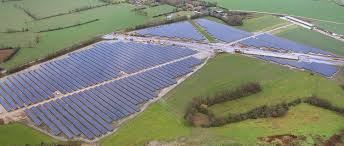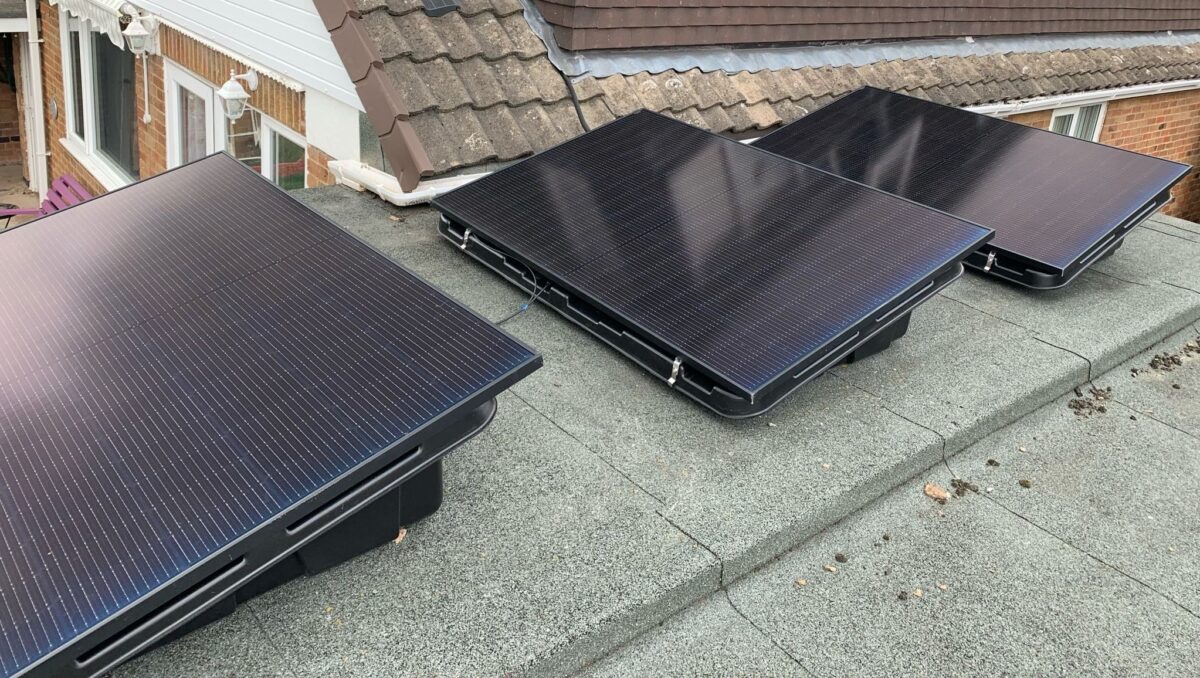The RO (Renewable Obligation) scheme is getting a change in the first quarter of 2015, the plans from DECC (Department of Energy & Climate Change) are going to result in the RO scheme being transitioned to CfD (Contracts for Difference), this change with affect PV installations of 5MW and above;
“The Renewables Obligation (RO) was introduced in 2002 to provide incentives for the deployment of large-scale renewable electricity in the UK.
The RO requires licensed UK electricity suppliers to source a specified proportion of the electricity they provide to customers from eligible renewable sources. This proportion (known as the ‘obligation’) is set each year and has increased annually.”– [Source]
Instead of relying on important contractual documentation developers will be required to assess their own suite of documents.
The CfD is basically; “payments will be made to generators by reference to the difference between a fixed notional price (the strike price) and the referenced electricity sale price (the reference price). Where the strike price is higher than the electricity price, the CfD counterparty is contractually obliged to pay the difference to the generator. Where the reference price is higher than the strike price however, (i.e. the price of electricity is greater than anticipated), the generator is obliged to pay the difference to the CfD counterparty.” – [Source]
Both schemes will still be open for applications for new renewable generating capacity, the plans for a complete closure of the RO are currently set for 31 March 2017.
There is no clear ‘better’ choice as each come with their own risk / rewards, for the time being we will have the option to choose and weigh the pros and cons against future projects of PV installations over 5MW. Without going into too much detail, potential questions regarding the difference between the two schemes include:
Projects being eligible for both schemes;
Availability risk;
Energy yield lower than anticipated;
Revenue lower than forecast;
Etc.















